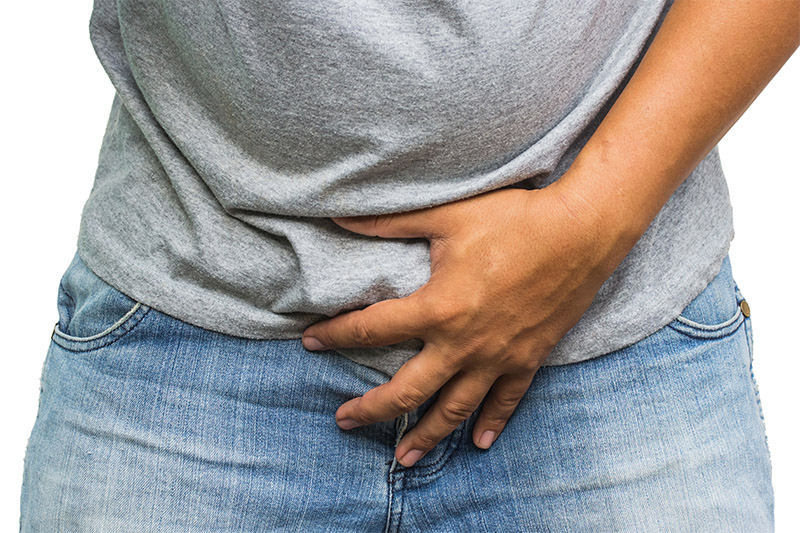
General urological conditions
The urinary system works hard to manage, regulate and eliminate urine waste. It includes a number of moving parts, such as your bladder, kidneys, and the urethra. Anyone can experience urological problems, regardless of age, gender, or ethnicity. In both men and women, urological conditions directly affect the urinary tract and how you expel urine. In men, urologic problems may also affect reproductive organs.
Conditions that we treat
Overactive bladder (OAB). This occurs when the bladder can’t store urine properly and leads to an involuntary loss of urine due to a sudden or intense urge to urinate. The muscles of the bladder may start to contract involuntarily, almost like spasms.
Kidney stones and ureteral stones. These occur when crystal-like particles in the urine develop, and small particles grow around the crystals. The stones get blocked in the urinary tract system, making it painful to urinate. While smaller stones can be passed naturally, larger stones often need specific procedures or surgery to help them pass through.
Urinary tract infections (UTI). A UTI is an infection in any part of the urinary system, the kidneys, bladder or urethra. UTIs are usually treated with antibiotics. It’s important to treat UTIs as soon as possible to avoid further infection and eliminate any chance of complications.
Urinary incontinence. This refers to the loss of bladder control. The severity ranges from occasional urine leakage when a person sneezes or coughs to having an urge to urinate that's so sudden and strong that they aren't able to get to a toilet in time.
Difficulty urinating in men: This condition occurs in both men and women at any age, but it mostly occurs in older men. In some cases, it may lead to urinary retention- when the bladder doesn't empty all the way or at all when you urinate.
Female Specific Urologic Problems. Women have a shorter urethra than men, and this may contribute to an increase in the frequency of urological problems. In addition to increased UTIs, women are susceptible to other specific urological problems, such as Incontinence after pregnancy, Overactive bladder, Pelvic floor dysfunction, Pelvic organ prolapse and Urinary tract infection (UTIs).